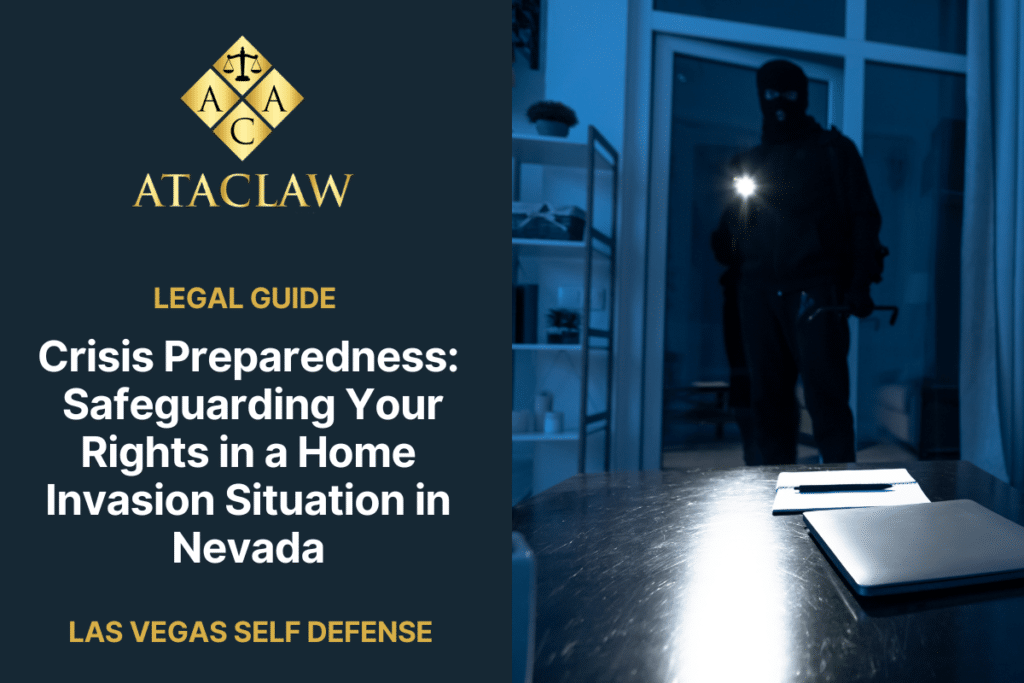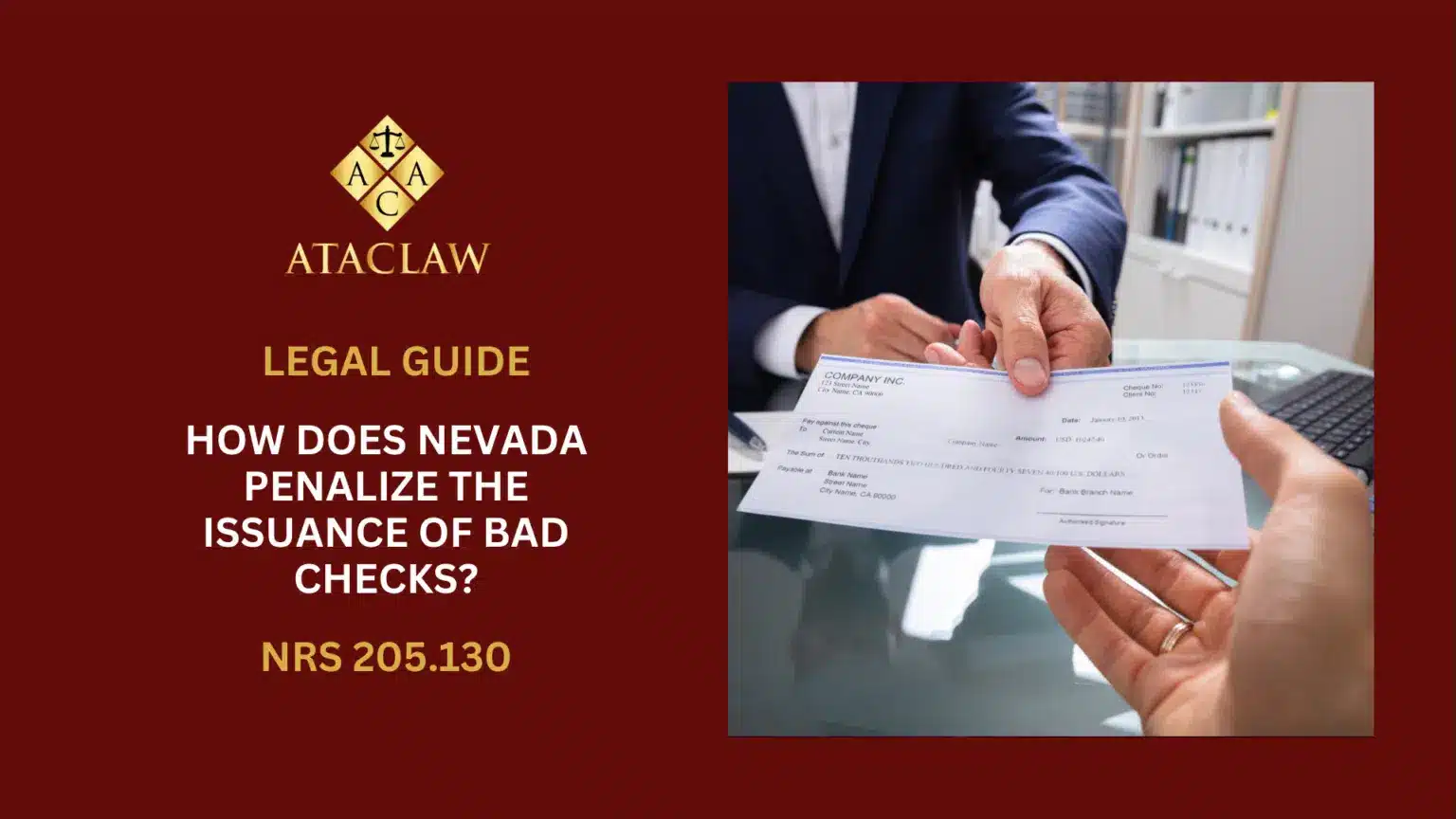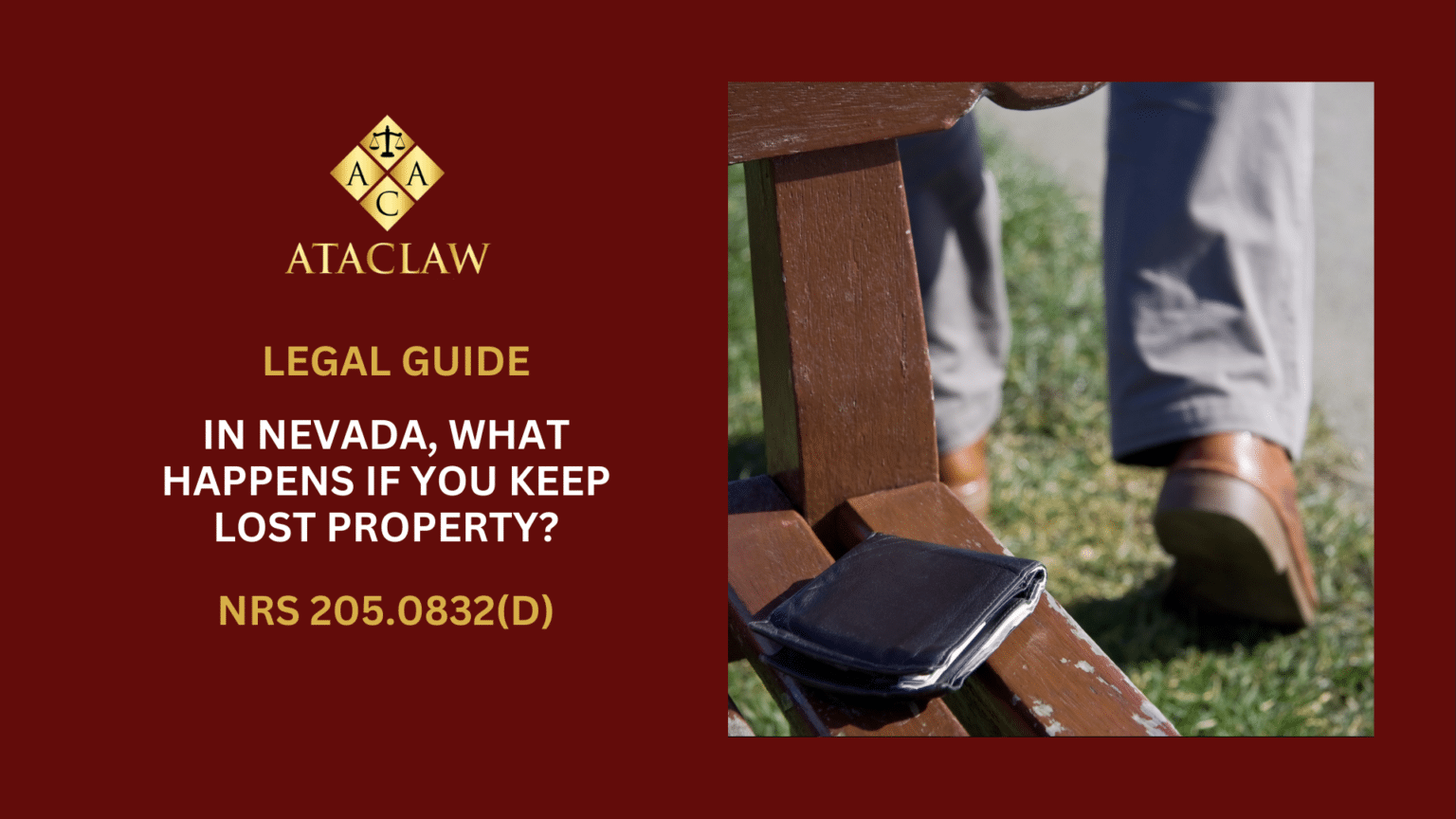In Nevada, it’s important to understand your rights during a home invasion to protect yourself and your property. Knowing what you can legally do can make all the difference in a terrifying and potentially dangerous situation. This article will explore the rights you have as a homeowner in Nevada when it comes to defending your property and loved ones during a home invasion.
Understanding Home Invasions
Home invasions are a terrifying experience that can leave lasting emotional and physical scars. They occur when an intruder unlawfully enters a residential dwelling with the intent to commit a crime, such as theft, assault, or kidnapping. The violation of your personal space and the potential threat to your safety can be overwhelming. However, it’s crucial to remain calm and know your rights to effectively respond to such a situation.
Your Legal Rights During a Home Invasion in Nevada
From the moment you suspect an intruder has entered your home, every second counts. The law in Nevada allows you to use reasonable force to protect yourself, your family, and your belongings. However, it’s important to note that the use of force must be proportionate to the threat faced. In other words, you cannot use excessive force or inflict harm that goes beyond what is necessary to defend yourself.
Nevada follows the principle of self-defense, which allows individuals to protect themselves from harm when faced with an imminent threat. This means that if you reasonably believe that you or someone else in your home is in immediate danger of harm, you have the right to use force to defend yourself. However, it’s essential to exercise caution and avoid escalating the situation unnecessarily.
Self-Defense Laws in Nevada
Nevada recognizes the right to self-defense under its laws. In self-defense cases, individuals are allowed to use force, including deadly force, if they have a reasonable belief that such force is necessary to prevent imminent death or great bodily harm. This means that if you reasonably believe that an intruder poses a threat to your life or the lives of your loved ones, you have the right to use force, including lethal force, to protect yourself.
It’s important to note that the use of lethal force is only justifiable when faced with an immediate threat of serious bodily harm or death. The law requires that you have exhausted all other reasonable means to avoid using deadly force before resorting to it. Additionally, you must not be the initial aggressor in the situation, as this can affect your claim of self-defense.
Castle Doctrine in Nevada
Nevada also follows the Castle Doctrine, which provides additional protection to homeowners during a home invasion. Under this doctrine, individuals have the right to use force, including deadly force, to defend their homes from intruders. The Castle Doctrine assumes that a person’s home is their castle, and they have the right to protect it.
However, it’s important to understand that the Castle Doctrine does not grant unlimited immunity to homeowners. The use of force must still be reasonable and proportionate to the threat faced. This means that you cannot use excessive force or intentionally cause harm when defending your home. It’s crucial to assess the situation and use only the necessary force to protect yourself and others.
Stand Your Ground Law in Nevada
Nevada has a Stand Your Ground law, which further reinforces the right to self-defense. Under this law, individuals are not required to retreat from a threat before using force to defend themselves. If you are in a place where you have a legal right to be, such as your home, you have no duty to retreat and can stand your ground.
This law is particularly relevant during a home invasion, as it allows individuals to protect themselves without being forced to retreat from their own property. However, it’s important to remember that the use of force must still be reasonable and proportionate to the threat faced. The Stand Your Ground law should not be seen as a license to use excessive force or engage in unnecessary violence.
Protecting Your Home and Family
While knowing your rights is crucial during a home invasion, it’s equally important to take proactive measures to protect your home and family. Implementing effective home security measures can significantly reduce the risk of a home invasion and provide peace of mind.
Start by securing all entry points, including doors, windows, and garage doors. Install sturdy deadbolt locks, reinforce doors with security plates, and consider adding window security film or bars. A well-lit exterior can also deter potential intruders, so invest in outdoor lighting and motion-sensor lights.
Additionally, consider installing a home security system with cameras, alarms, and monitoring services. These systems can alert you and the authorities in case of a break-in, providing an added layer of protection. Remember to regularly test and maintain your security system to ensure its effectiveness.
Emergency Response During a Home Invasion
In the event of a home invasion, it’s essential to have a plan in place to protect yourself and your loved ones. Create a safe room or designated area where you can seek refuge and call for help. This room should have a sturdy door, a phone or cell service, and a means to defend yourself if necessary.
If you find yourself face-to-face with an intruder, try to remain calm and assess the situation. If it is safe to do so, retreat to your safe room and contact the authorities immediately. Avoid confronting the intruder unless absolutely necessary for your safety.
Reporting a Home Invasion to the Authorities
After a home invasion, it’s crucial to report the incident to the authorities. Contact your local law enforcement agency and provide them with all the necessary details. Cooperate fully with the investigation and provide any evidence or information that may help identify and apprehend the intruder.
It’s important to note that your rights during a home invasion do not include taking matters into your own hands beyond what is legally permissible. Let the professionals handle the situation while you focus on recovering from the traumatic experience.
Conclusion
A home invasion is a terrifying experience that can have a lasting impact on your sense of security. However, understanding your rights during such an event can empower you to take necessary actions while staying within the boundaries of the law. In Nevada, you have the legal right to use reasonable force to protect yourself, your family, and your property during a home invasion. Familiarize yourself with the self-defense laws, Castle Doctrine, and Stand Your Ground law in Nevada to ensure you are prepared to respond effectively and legally in such a situation. Remember, the safety of yourself and your loved ones should always be the top priority.
Do you need a Self Defense Attorney in Las Vegas?
If You’re Facing Charges, We’re Here To Help.
Call us for help
“How do you beat a self defense charge in Nevada?”
“When is use of force permitted for self defense?”
What self defense weapons are legal in Las Vegas?
If you needed use of force during an act of self defense, and are now facing charges:
We have answers for you
To learn more about self defense charges in Las Vegas and how to get your self defense charge dismissed or to discuss a particular criminal case that you or someone you love is facing, Call ATAC Law firm for help to get your charges reduced or dismissed.
Contact us for a FREE phone meeting to discuss your case with what people are calling the best criminal defense attorney in Las Vegas.
At ATAC, our Las Vegas team of lawyers is here to work with you to help you through your case.
For Nevada Revised Statutes (NRS) related to legal matters, including sex crimes, fraud charges, DUI charges, domestic violence, and non-homicide self-defense, you can visit the official website of the Nevada Legislature or consult legal databases specific to the state. These resources will provide you with the most up-to-date and accurate information on the relevant statutes.
- Nevada Legislature Website: You can visit the official website of the Nevada Legislature at leg.state.nv.us. The website usually has an easy-to-navigate interface where you can search for specific NRS codes related to different legal categories.
- Legal Databases: Online legal databases such as Nevada Legal Forms or Justia may also provide access to the latest Nevada Revised Statutes.
- Legal Professionals: If you have specific legal questions or need assistance with legal codes, consulting with a legal professional, such as an attorney practicing in Nevada, is always a good idea.





